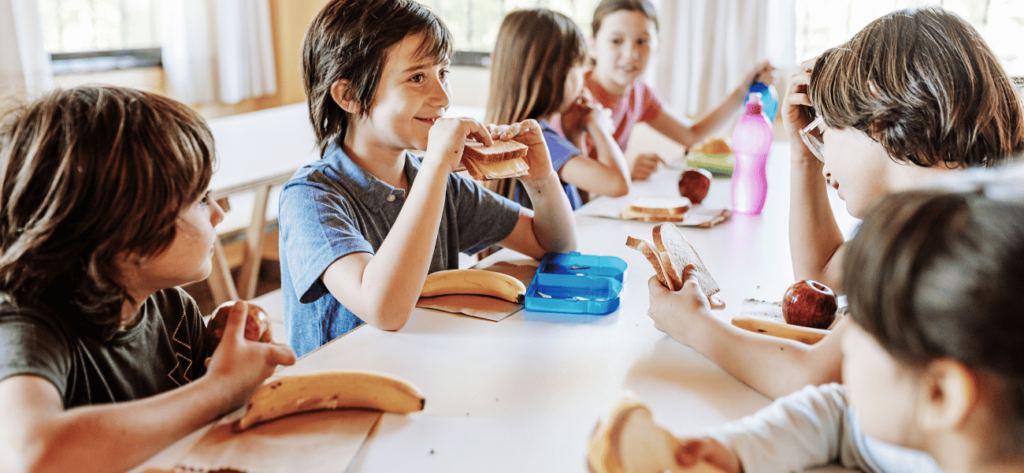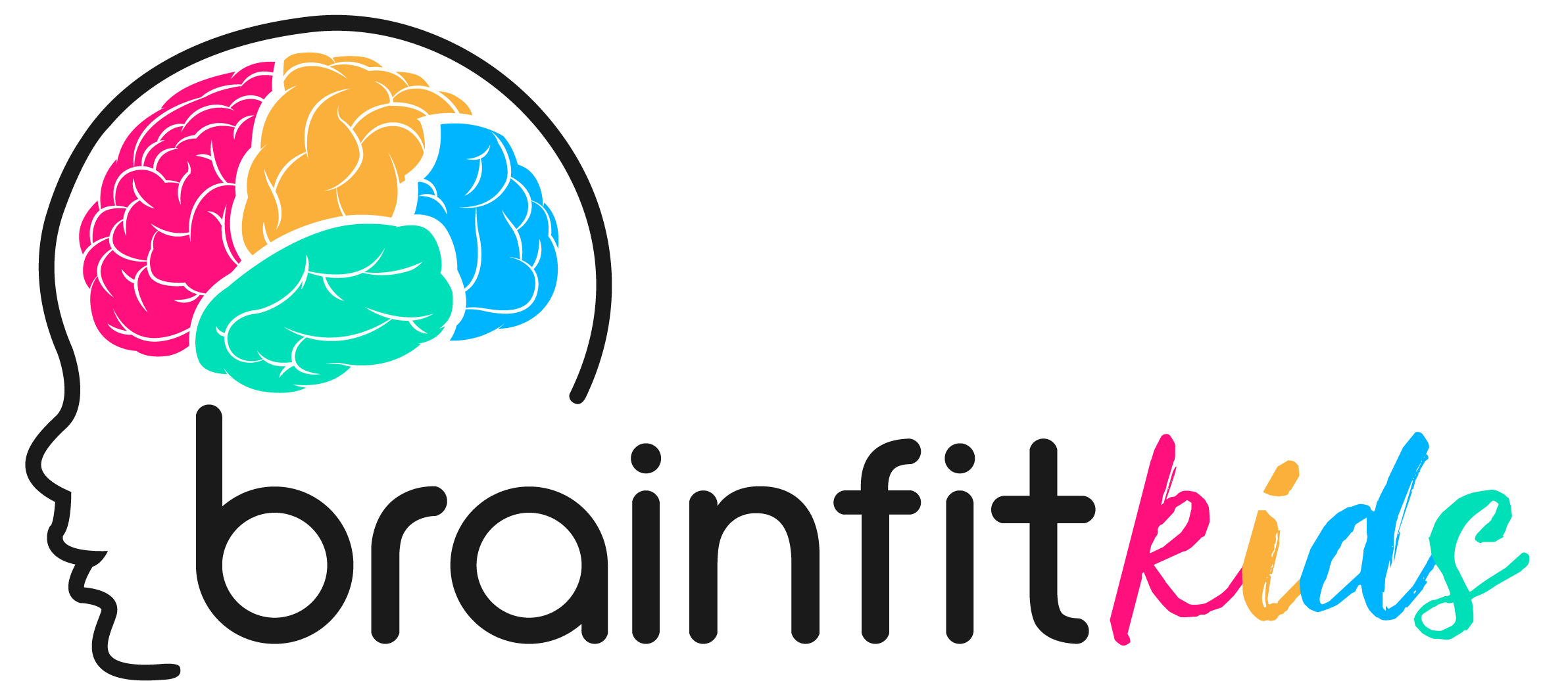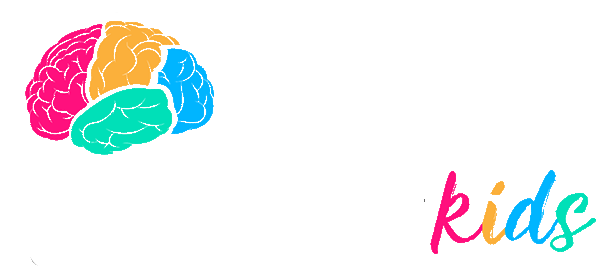
Children with autism spectrum disorder (ASD) take longer than other children to learn social skills. You can use strategies like role-play, story books, and even discussing social scenarios on video, DVDs or TV to help your child learn the skills they need to make friends and have a positive social life.
What skills does my child with autism spectrum disorder need?
- Play skills – taking turns in a game, following the rules of the game, or sharing a toy
- Conversation skills – being able to choose what to talk about or what body language to use
- Emotional skills – being able to manage and regulate emotions and understanding how others feel
- Problem-solving skills – such as dealing with conflict or making decisions in a social situation.
What are some strategies I can use to help my child?
1. Emotional skills
Help your child to read emotions. Practice looking at the faces and body language of others and ask your child some questions, such as:
- What do you think that person is feeling?
- What is he doing with his body to also show his feelings?
- Do you think he is happy, sad, angry, scared?
- He has folded arms, and his head looks down at the ground; what do you think that might mean?
- What do you think he might be thinking?
2. Practice ‘Big Picture’ thinking
Read stories together and discuss what might happen next, or look at the pictures of a book and discuss some possible outcomes based on the scene of the story. For example:
- Tommy took Sam’s toy car; what could/should Sam do?
- Why do you think Tommy took the car?
- Emma can’t find her kitten, Charlie; what do you think has happened to him?
Children with autism often struggle to see the ‘big picture’ of a social situation, and by practising right brain activities using imagination and comprehension, we can exercise improved social interactions.
3. Practising play
Practice social skills through play with your child by using some of their favourite toys to act out scenes.
- Using their teddy, you could hug the teddy, then feed it and put it to bed, have a tea party with a few teddies, or create a story using a play set like a farm, a school or a doll’s house.
Playing games together allows your child to practice turn-taking, coping with winning and losing, and following rules.
Younger children might like movement games like ‘Red Light/Green Light’, ‘Simon Says’, ‘Hide and Seek’, and ‘What’s the time Mr Wolf?’. Older children might like games like Connect Four, Trouble, Snakes and Ladders, Jenga or card games.
4. Practice social scenarios and conversations
Autistic children often struggle to understand the non-verbal cues of others, so practice social conversations:
- If someone says hello to you, what should you do? Let’s practice that.
- If other children are playing a game, how do I join in?
- If Nan and Granddad come for dinner, what can I talk to them about? Practice using eye contact if comfortable, asking questions and listening to the other person’s responses.
5. Role-playing and problem-solving
Role play can help your child learn and practice skills to play with others. For example, before another child comes to visit, you and your child could:
- Role-play a scene where your child suggests a game to play with her friend.
- Practice playing the games that your child and her friend might play.
- Practice possible solutions if there is a conflict, i.e., they want to play with the same toy simultaneously.
- Practice conversation like your child’s favourite movie or book or what he does on the weekend.
Social skills can help your child make friends, learn from others and develop hobbies and interests. Social skills are also important for family relationships, ensuring a sense of belonging and optimising mental health and quality of life.
For more information contact Brainfit Kids on (03) 9850 3063 to see how we can help your child improve their social skills and friendships.

